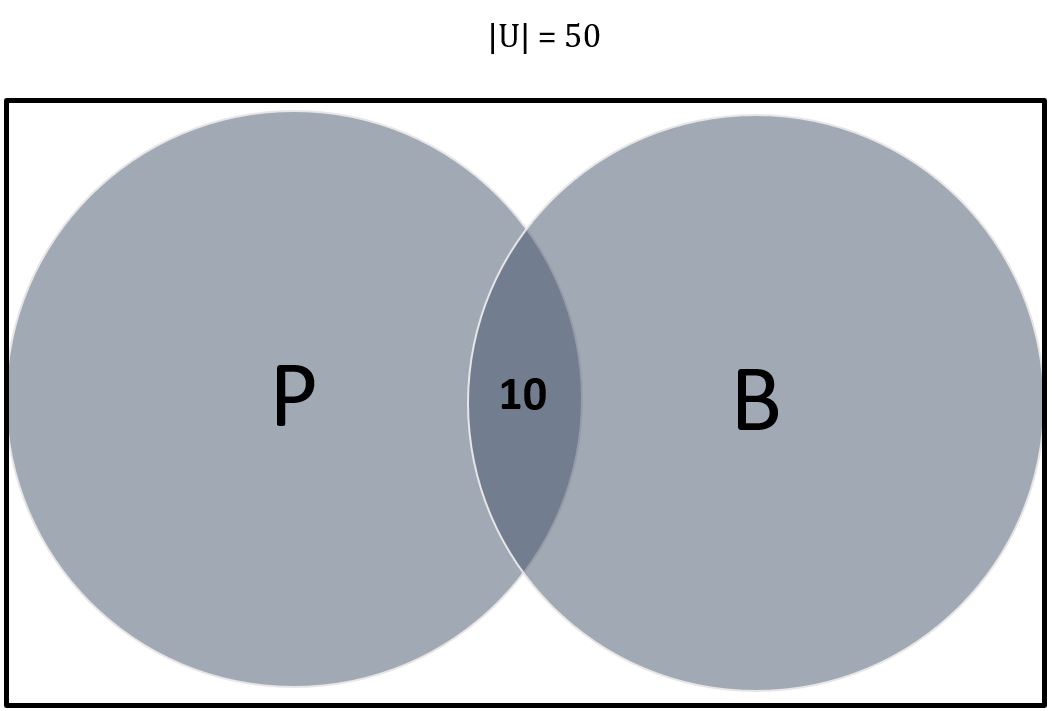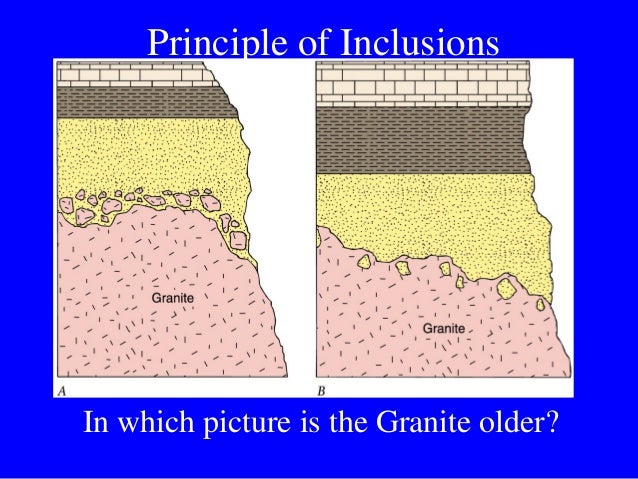

the right to develop to their fullest potential and to be active, valued citizens in the community.the ability to learn and the right to exercise their voice, choice and control in managing their own educational experiences.the right to access and participate in education.3 The PrinciplesĪll children and students who experience disability have: They provide early childhood education and care centres (early childhood) and schools, as well as early childhood and school sectors, with broad and consistent criteria for inclusion to assess their progress against.

The Principles of Inclusion promote equity, access, opportunity and the rights of children and students with disability in education and care and contribute to reducing discrimination against them 2.
#PRINCIPLE OF INCLUSION DOWNLOAD#
The complete document is available for download The following information is taken directly from the Principles of Inclusion. School staff who are familiar with the Principles of Inclusion have more confidence and capacity to apply them in their schools and are more likely to contribute to creating inclusive school communities. See tool titled ‘Policy Framework around Students Living with Disability’ for an overview of the disability rights and inclusion policies relevant to education. The Principles of Inclusion were informed by the international, national and state-based policies that establish a framework around people living with disability accessing and participating in education. School staff who understand the policy instruments and their legal obligations will be more willing and better equipped for supporting and teaching students who have additional learning needs. Inclusive schools ensure their staff have the knowledge and skills to operate within the policy framework that applies to their role. This tool presents the Principles of Inclusion and ideas for exploring them with school staff. A school that embeds the Principles of Inclusion in their policies and practices is more likely to be an inclusive school that welcomes and engages all students and families, including students living with disability. It is essential to inclusion that school staff (including leaders, educators, teacher aides, office staff, and other site staff) understand the various policies and laws that apply to their role and meet their legal (and moral and social justice) obligations to students living with disability and their families. The Principles of Inclusion are based on the belief that “Inclusive education builds the capacity of early childhood centres and schools to educate and support all students and contributes to stronger communities.” 1 They have been endorsed by the Department for Education, Catholic Education South Australia and the Association of Independent Schools of South Australia. The Principles of Inclusion for Children and Students with Disability in Education and Care (Principles of Inclusion) were developed on behalf of the Minister for Education by the Ministerial Advisory Committee: Children and Students with Disability (MAC: CSWD). This tool has been developed as part of the Inclusive School Communities Project, funded by the National Disability Insurance Agency.


 0 kommentar(er)
0 kommentar(er)
